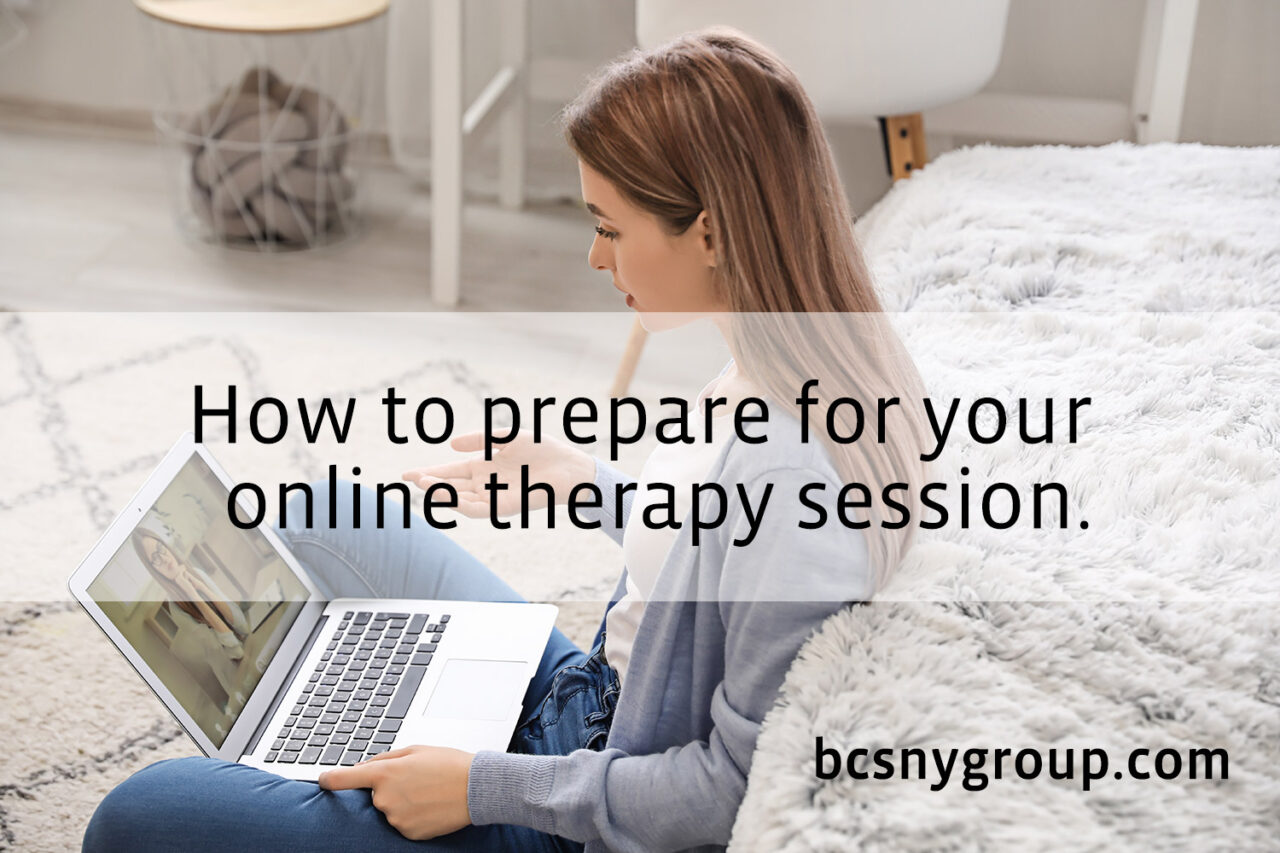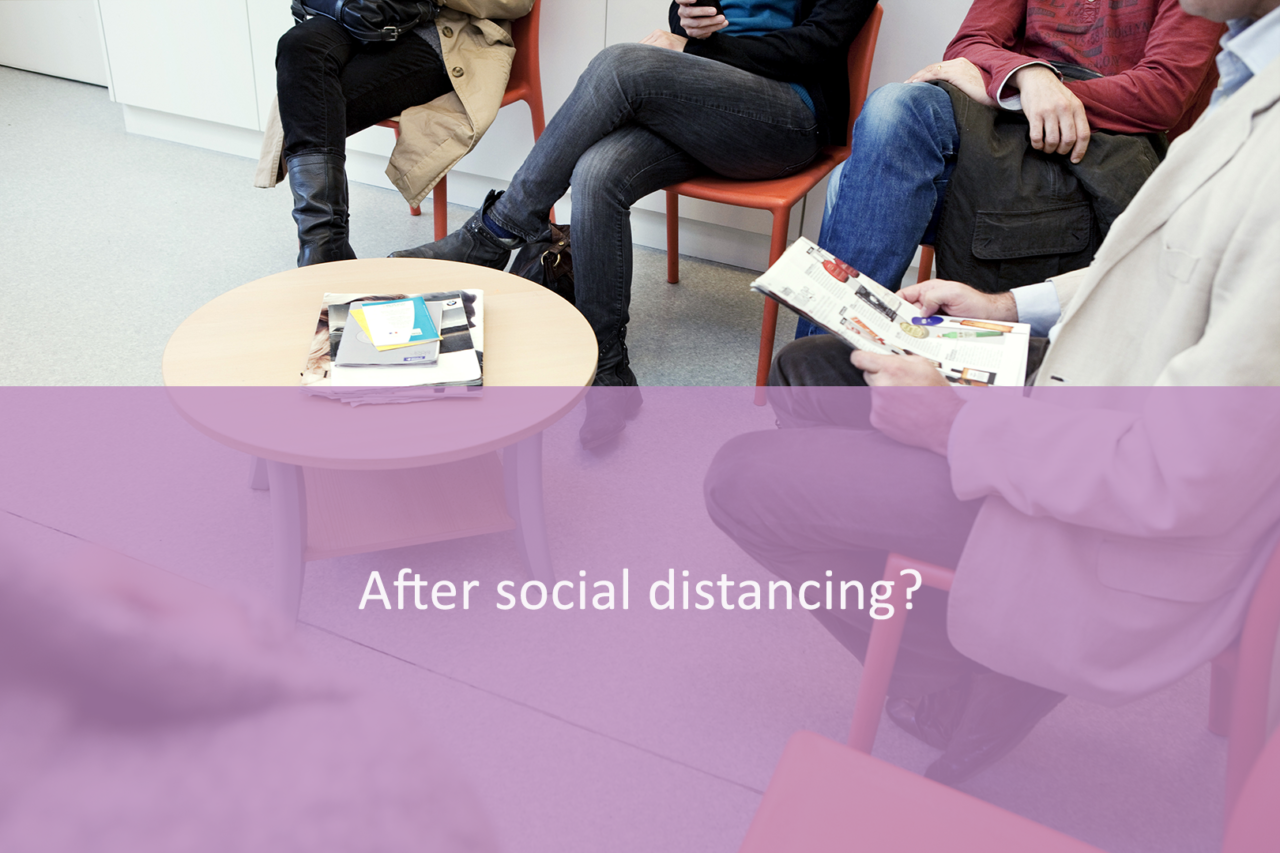We believe raising daughters is about more than academic success or career preparation, it’s about helping them grow into compassionate, confident, and well-balanced young women. In today’s fast-paced world, where social pressures, digital influences, and high expectations weigh heavily, parents play a vital role in shaping their daughters’ emotional health and overall well-being.
Why Emotional Balance Matters for Girls
Teaching girls to recognize and express their emotions in healthy ways builds a strong foundation for lifelong mental health. Daughters who learn self-awareness, resilience, and coping strategies are better equipped to manage stress, build healthy relationships, and face life’s challenges. As parents, fostering open communication and modeling calm problem-solving helps daughters feel secure and supported.
Raising Daughters Who Lead with Compassion
A well-balanced life isn’t just about managing tasks—it’s also about developing empathy and kindness. Encouraging daughters to practice compassion, whether through volunteering, helping at home, or supporting friends, teaches them that caring for others is a strength, not a weakness. These lessons shape young women into leaders who value community, connection, and purpose.
Teaching Balance in a Busy World
From academics and extracurriculars to social media and friendships, many young women face overwhelming demands. Without balance, this can lead to stress or burnout. Teaching daughters the importance of boundaries, self-care, and rest helps them avoid burnout and embrace a healthier, more sustainable lifestyle. Parents can model balance by showing that success and well-being go hand in hand.
Encouraging Confidence and Individuality
Every daughter has unique strengths and dreams. Supporting her individuality, celebrating achievements, and allowing space for mistakes all help build confidence. Raising girls to believe in themselves ensures they grow into women who are authentic, self-assured, and unafraid to pursue their passions.
The Role of Family and Community
Parents aren’t alone in shaping daughters for success and fulfillment. Extended family, teachers, and mentors all play a role in modeling respect, balance, and compassion. Surrounding young women with strong role models ensures they learn from example, not just advice.
Support for Families at BCS Counseling Group
At BCS Counseling Group, we are dedicated to helping New York State families raise confident, compassionate, and well-balanced daughters. Through counseling and supportive family therapy services, we provide parents with tools to nurture resilience, self-esteem, and emotional health.
If you’re looking for guidance on raising daughters who thrive, we’re here to help. Contact us today to learn more about our counseling services for families and teens.










